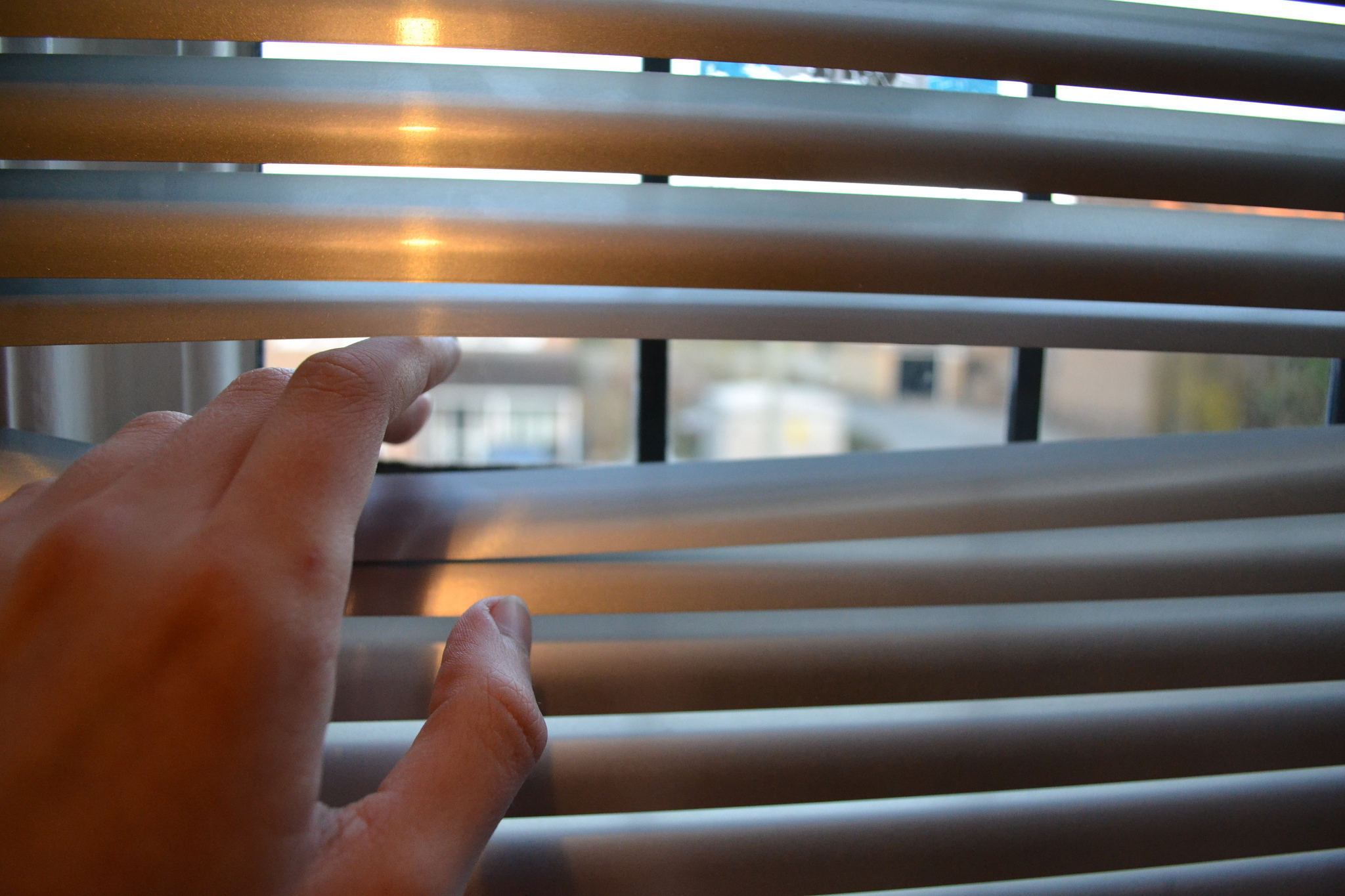Robin Williams is dead. Depression is alive.
He made us laugh. Now he makes us cry.
Robin Williams must have been crying too before he ended his life.
We are fascinated with celebrity. We live in the fantasy worlds created on stage and screen. We identify with famous people on the big screen or the theater stage. We envy their talent, their homes, their cars, their exotic travels, their figures (both bodies and financial), their glamour. As they live their life in the spotlight we are allowed to escape our own daily trials and tribulations in the movie theater.
We see the public side of fame and are attracted to the gossip we can gather online, on TV, or in magazines. We do not know what goes on when the curtain comes down or the camera is turned off. We cannot inhabit the minds where depression and its twin, anxiety, can take hold. We create fantasies about the rich and famous. It’s part of the media game.
Celebrities are typically attracted to public adoration and applause. Sadly for some, it is primarily, sometimes exclusively, public adoration and applause that provides self-esteem and self-worth – a reason to live. Love comes from external sources. Appreciation of one’s self intrinsically is unfortunately absent or diminished. Perhaps the Beatle’s song said it best: “Money Can’t Buy Me Love”.
Celebrities go home after work, after glamorous parties, after awards ceremonies, after the curtain falls, the applause stops, and the audience goes home. At some point in the day or night, each of “them” and us must deal with being alone with our private thoughts, fears, and feelings. The famous are no different from you and me. If internal applause is unavailable, mental problems can brew. The worst case scenario is what we heard on the news about Robin Williams.
All of us are vulnerable. What can we do?
In our highly charged, anti-collaborative climate of health care reform, social, economic, and political unrest at home and abroad, global terrorism, invasive insurance companies, illusions of medication magic, demands for quick fixes for long-standing psychological issues that effect self-worth, anxiety and depression, and ongoing stigmas about mental health treatment, it is important that mental health and medical professionals consider themselves teachers, impresarios, and ambassadors, as well as clinicians. Collaboration is our challenge and our opportunity regarding recognizing and providing quality psychological and physical health care.
We need to continually emphasize the ideas that the TV ads which promise quick cures, rapid weight loss, potency, and finding our soul mate on a dating site are illusions.
We need to understand that depression and anxiety can exacerbate physical illness and recovery and that physical illness can exacerbate depression and anxiety.
We need to consider that if depression and anxiety are purely conceptualized as biological “brain diseases” we risk overlooking the powerful effects of the mind and what these “illnesses” mean to individuals and their families.
We should consider depression and anxiety are social issues as well as mental and psychological issues.
We must not separate the physical and the psychological aspects of ourselves and others. A whole person is greater than the sum of his/her parts.
We need to look to early childhood development, often involving loss, trauma, neglect, and abuse, as precursors that underlie depleted self esteem, depression, and anxiety.
We must jettison the idea that “mental problems” are the result of being lazy, crazy, not smart, or not trying hard enough.
We must realize that drug treatment in itself may relieve symptoms but cannot not alter long standing maladaptive thought patterns about self worth.
We must realize that short term therapy or drug treatment and symptomatic relief (important as it is to have symptomatic relief) can prevent people from exploring and understanding the origins of their symptoms including working through childhood experiences that can negatively impact adult life.
We must not let long term treatment prevent patients from seeking symptomatic relief through medication when necessary.
None of us is omnipotent. We cannot prevent all suicides.
We can do much better.
More than ever, we are facing a crisis that comes with the opportunity to confront our complex mind/body duality. It is urgent more than ever to emphasize the interdisciplinary nature of recognizing and treating depression and anxiety. It is a terrible tragedy that Robin Williams is the most recent victim of our broken health care system with it’s unfortunate attitudes and stigmas about what constitutes the most comprehensive treatment.
We all have a responsibility. Will all of us rise to the challenge?
Please share your responses and ideas below about how to effectively approach mental, physical, and social problems that could improve and save lives.

